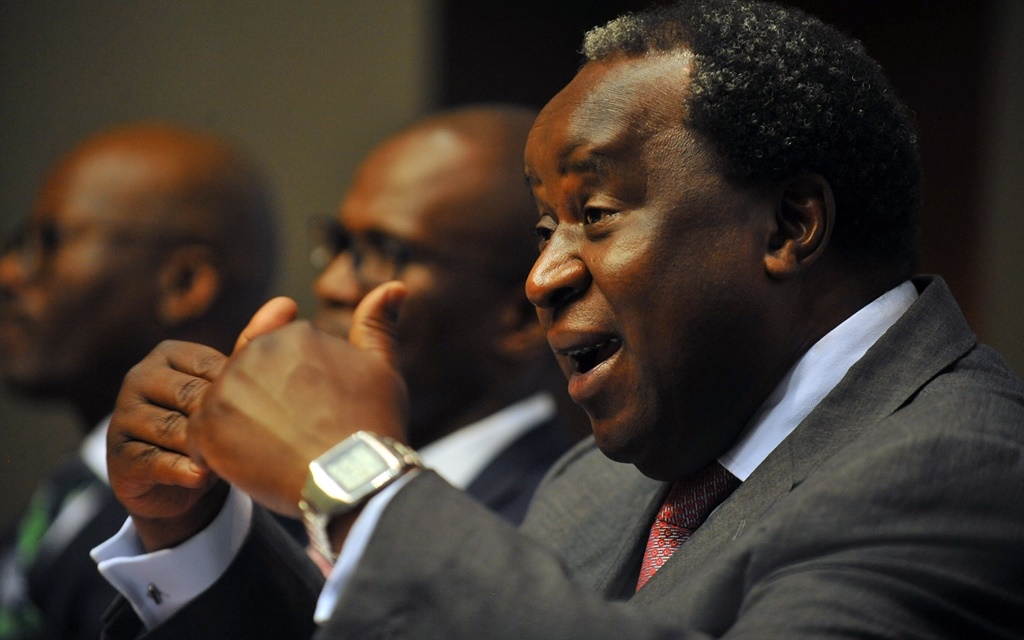
- Finance Minister Tito Mboweni said general public service spending is expected to reach an estimate of R68.4 billion in 2021/22.
- Government opted not to implement the public wage deal for 2019/20, anticipating it would add more than R37 billion to the 2020/21 wage bill.
- The Department of Public Service and Administration will reprioritise R19 million for personnel expenditure reviews from the 2021/22 to 2022/23.
Finance Minister Tito Mboweni told reporters on Wednesday afternoon that National Treasury would remain open to meaningful discussions with unions where it came to the public service wage bill, an agreement which is currently before the Constitutional Court.
Mboweni said this during a virtual briefing following his 2021 Budget Speech in Parliament. During that speech, Mboweni said government would continue to pursue public service savings through headcount cuts, early retirement, attrition, pay freezes as well as abolishing non-critical posts and certain benefits.
At least two unions legally challenged the failure to honour the 2018 wage agreement and it is currently before the Constitutional Court after the Labour Appeals Court dismissed an application for government to be compelled to honour the agreement.
The Budget Review said a three-year inflation-linked agreement would raise the total shortfall to R112.9 billion by 2023/24 and an agreement similar to the one achieved in 2018 would create a compensation shortfall of R132.7 billion (or 2.2% of GDP) by 2023/24.
"[Public Service and Administration Minister] Senzo Mchunu is working with our partners in organised labour to achieve a fair public-sector compensation dispensation when negotiations on a new multi-year wage settlement begin later this year," Mboweni said during his speech.
Following the speech, Mboweni told reporters during the virtual post-budget briefing that the state of the public service wage bill and negotiations thereto were not taking place under a state of divide and rule.
New negotiations
"There is a new round of negotiations that is going to start. Minister Mchunu will be leading the process. Yes, there has to be conversations. I was minister of labour before. I know how to go about negotiations. You do not rely only on the bargaining council. A lot of the work is done outside," said Mboweni.
Mboweni said any legal challenges related to public service wage deals should not be taken to mean that the state of relations between government and public service unions has broken down beyond repair or that discussions have stopped altogether.
"I know that there are other people who say there are other conversations taking place. The fact that you do not know people are talking to each other does not mean conversations are not taking place. In labour relations you never close down the channels of communications," Mboweni said.
National Treasury director general Dondo Mogajane said the line items within the budget review were based on projections of National Treasury and that government was available to discuss fiscally sustainable solutions that may placate public servants.
"Compensation line items in the budget must have a number there. There have always been estimates and assumptions with them. That in itself does not dictate what will happen in the Public Service Bargaining Council. That number changes. The current ruling says we have a role to play in terms of affordability and ability of the state," said Mogajane.
Echoing Mboweni's sentiments, Mogajane said number in the medium-term expenditure framework does not necessarily mean that there is no turning back or that there is no more room for discussion.